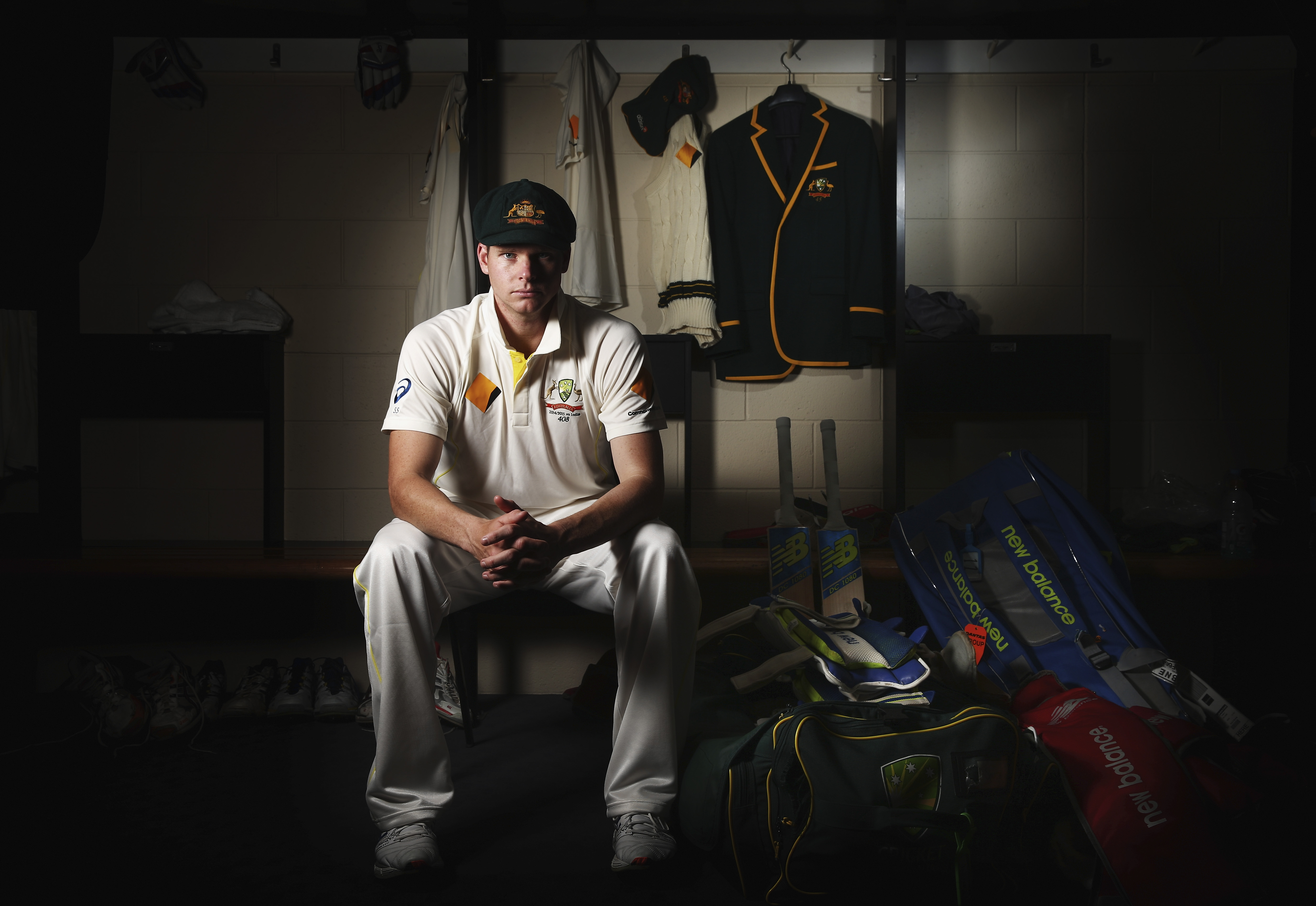What is wrong with this Australian team?
Steven Smith and the curse of preserving the 'Australian way'.

The higher they reach, the harder they fall. The harder they fall, the more we love it. The Australian cricket team's recent peril has provided a lot of us our daily dose of schadenfreude. From being the most dominant and offensively bold team force in the sport to being annihilated in the not-so-familiar conditions of Sri Lanka and in the almost-familiar conditions in South Africa—it has been quite a downhill ride.
A few months ago, New Zealand captain Brendon McCullum delivered an intense speech, mirroring the way he played his cricket, at the Cowdrey Lecture. Among a lot of things, McCullum spoke in details about his team's search for their own identity. However, he also added that "The things that worked for us may not work for everyone”, and that is the crux of this blog.
Take the 'Australian way' of playing cricket - the success, supremacy, and intensity of the Australian teams over the years
It was romanticized to such an extent that it was believed to be a part of the fabric of the mythical 'baggy green'.
Such has been the extent to which the 'Australian way' has been celebrated back home that every captain succeeding Steve Waugh has had to shoulder the responsibility of carrying the tradition forward. It was
After Sri Lanka thrashed Australia 3-0 at home in the Test series, rather than focusing on the batsmen's repeated failures in Asian conditions or the inability of the Australian spinners to match the impact of their Sri Lankan counterparts, Steven Smith focused on his team's lack of energy on the field in the post-mortem. He said, "We've got a pretty quiet group and we need that sort of energy,

 © Getty Images
© Getty Images"We've got some pretty quiet characters, so even if it's not making noise verbally, it might be just about having a bit more presence and the old Australian way of puffing your chest out and making your presence felt for the quieter guys. It's trying to do that, get into the game that way and try to provide some sort of energy that way."
His players responded to that criticism, and in the on-going series against South Africa, there has been a marked increase in sledging from the Australians. However, as Kepler Wessels wrote in his column for Supersport, this has only resulted in more embarrassment on the field. “There is just something very wrong with the fact that players who average
This Australian team are a shadow of their former selves in terms of talent. You would not go past three if you count the number of match-winners in this team, and arrogance without brilliance is derisory. As a team, they are too dependent on the trio of David Warner, Steven Smith, and Mitchell Starc. The fact that
In South Africa, the likes of Starc, Josh Hazlewood, Pat Cummins, and James Pattinson are all missing from action, and this has revealed the bare bones in Chris Tremain, Joe Mennie, and Daniel Worrall. Someday in the future, this new and young trio of pacers might not have to depend on injuries to the
As McCullum said, what worked for that team, will not work for this.
The core nature of this Australian team is hugely different from the ones in the past, and they need to find a new identity for themselves, instead of embarrassing themselves by trying to emulate what the titans of Australian cricket had done on the pitch in the past. As McCullum said, what worked for that team, will not work for this.
That brings us to Steven Smith the captain. He is one of the most driven cricketers
A lot was made of his decision to rest during the ODI series in Sri Lanka after the hammering they received in the Test series. Veteran batsman Mathew Hayden questioned his attitude, along with an expected reference to the 'baggy green' and all that goes along with it, while Michael Slater insisted that Smith should have been there
To add to Smith's woes, David Warner stepped in during his absence and guided his team to a series win in Sri Lanka, and now Smith is back at the helm, and Australia

Comments
Sign up or log in to your account to leave comments and reactions
0 Comments